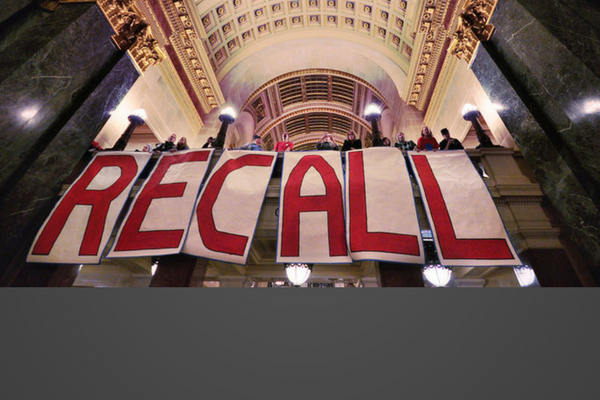
A recall election seeking to remove Cedric Cromwell and Gordon Harris from their positions as chairman and treasurer of the Mashpee Wampanoag Tribal Council in Massachusetts, respectively, was scheduled to be held on September 15, 2019, but it was canceled three days prior to the election date. The tribe's election committee canceled the recall election after the Wampanoag Supreme Court "declined to offer an advisory opinion requested by the tribal council," according to The Mashpee Enterprise. Though it did not offer an advisory opinion, the court did release a document on August 22, 2019, saying that it found the recall petitions insufficient as presented.
The tribal council had asked the court if the recall petitions met the threshold for a recall election, and they also asked who had the authority to direct the election committee in such matters. “Based on language in that decision it was determined that the [recall] hearing would not take place,” Trish Keliinui, a member of the election committee and a communications manager with the tribe, said. Aaron Tobey Jr., a member of the tribal council and leader of the recall efforts, said the council meant “to stop the election even though it was the will of the people.”
Cromwell and Harris were targeted for recall along with vice chairwoman Jessie “Little Doe” Baird in April 2019. Recall supporters cited wrongful conduct, a debt of $500 million owed to the tribe's financial backer, Baird staying in office after she offered her resignation in January 2019, and Harris missing council meetings in February and April as reasons for the recall effort. The petition against Baird was deemed insufficient by the tribe's election committee, but the petitions against Cromwell and Harris were approved to move forward with a recall election. None of the three targeted tribal members responded to the recall efforts against them, and Cromwell and Harris did not respond about the cancelation of the recall elections.
If the recall elections had been held, recall supporters and recall opponents would have both been able to speak at a hearing prior to the recall votes. For results of the vote to stand, at least "40 percent of the total number of registered voters who voted in the preceding annual election," would have had to vote in the recall election, according to the Cape Cod Times. To remove the officeholders from their positions, 60 percent of voters would have had to vote in favor of the recall.
Additional reading:


